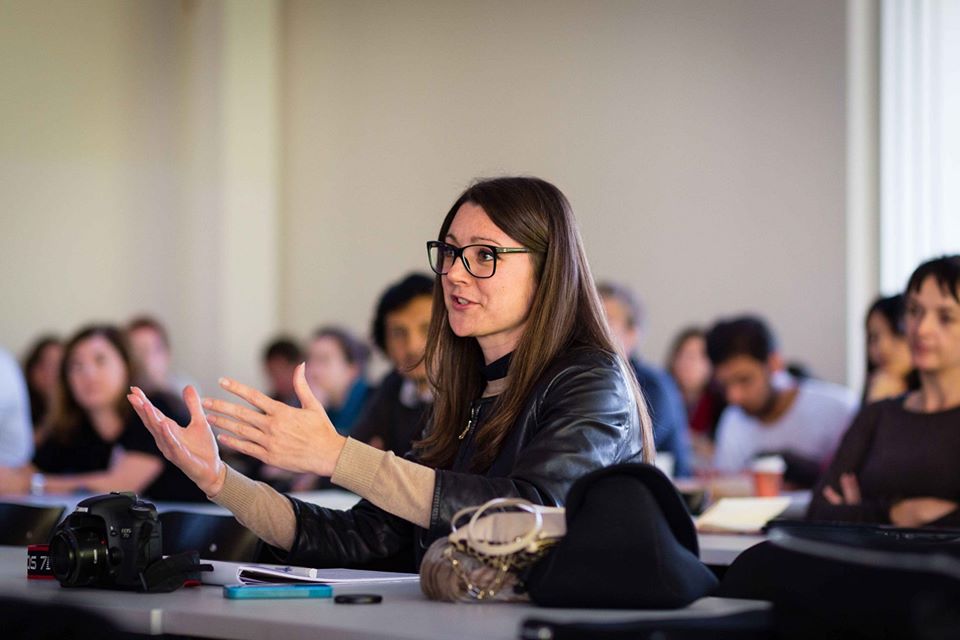Annemie Leemans (°1983) has completed her master in Visual Arts at the Università di Bologna, with a thesis on the artistical network of Flemish portrait miniature painter Levina Teerlinc. Hereafter she finished her advanced master in Medieval and Renaissance Studies at KU Leuven, with a thesis on Albrecht Dürer’s engraving The Fall of Man (1504). Subsequently she obtained her PhD degree through the prestigious Erasmus Mundus joint degree TEEME (Text and Event in Early Modern Europe), which includes the University of Kent, Universidade do Porto, Univerzita Karlova of Prague, and Freie Universität Berlin. During her PhD she took up several scientific collaborations with institutes such as MEMS (Centre for Medieval & Early Modern Studies) of the University of Kent, DEPHI (Departamento de História e de Estudos Políticos e Internacionais) of the Universidade do Porto, and Queen’s House of the National Maritime Museum London.
Annemie Leemans received several EU-funded scholarships and funding, among which the scholarship for the Erasmus mundus joint degree and the Compete 2020 funding, together with Portugal 2002 and FCT (Fundação para a Ciência e a Technologia) support, that made the publication of her book Contextualizing Practical Knowledge in Early Modern Europe (Peter Lang, 2020) possible. For this publication she worked around instructive literature and the creation, dissemination, and use of art technical knowledge.
Currently Annemie Leemans is working as a guest professor in Art History for the Univeristy of Antwerp and as a voluntary scientific collaborator for Illuminare and CITCEM (Centro de Investigação Transdisciplinar Cultura, Espaço e Memória). She is active at Lambotte Museum and a journal of medical and healthcare history (Cahier GdG) interested in divulgating medical history. The core of Annemie Leemans’ work lies at the intersection of artistic literature and the history of knowledge.

